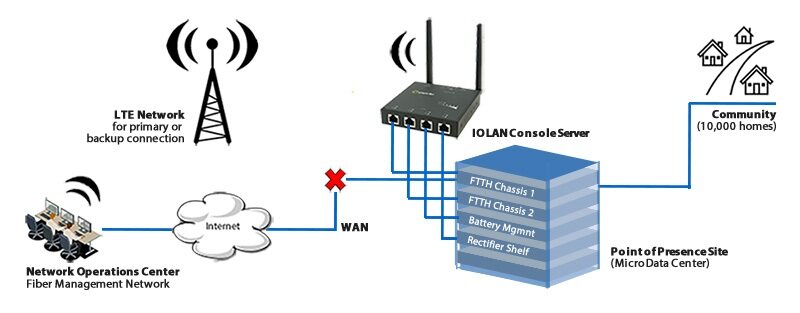
Playing monopoly with FTTH
By Max BurkhalterFebruary 28, 2013
Monopoly always had a sort of mystique in my house growing up. I don't think anybody in my family really liked the game and I'm pretty sure our board never had all of the pieces, but we didn't play it often enough to remember that until halfway through the game, when a lack of one piece or another ruined the experience. But I was oddly attracted to the concept of Monopoly and tried to play single-player video game versions when I could as I got older. It was never quite the same. But nowI can get some of my Monopoly fix by talking about the fiber-to-the-home market.
FTTH is rising in many regions, but it's success as a revenue creator, according to a recent iTWire report, depends on developing a monopoly. This is particularly clear in Australia's National Broadband Network (NBN).
Australia playing monopoly with FTTH
The news source argued that the only way to generate consistent revenues from FTTH in most markets is to remove the competition in itsentirety. The issue is not that FTTH isn't a good technology- it's just too expensive and many consumers don't need it yet. As a result, making money immediately isn't always easy with FTTH and, let's face it, who wants to put millions of dollars into a project only to have it not create revenuefor half a decade, especially in this economy. Australia seems to havenoticed this and is taking the monopoly route to solve the problem with the NBN project.
According to the report, the Australian government has actually spent billions of dollars to get a private telco to shut down a successful cable network so people wouldn't have an option but to spend on FTTH.
Talk about monopoly. We're not dealing with a few streets and hotels anymore, are we? The news source said fiber to the nodeoffers an alternative to this kind of aggressive approach to making FTTH viable.
Are FTTH monopolies necessary?
I'm not going to get into the short-term financial implications of FTTH investments because while they are definitely viable for helping organizations decide how to invest in FTTH, they aren't the point of the technology. Putting together optical networks and connecting them to homes with media converters and other advanced solutions are necessary because bandwidth requirements are rising quickly and demand could end up increasing so fast that telecoms can't keep up. FTTH may need a monopoly to be viable at the moment, but emerging technologies are creating an environment that many experts agree will push networks well beyond their current capabilities.
Perle has an extensive range of Managed and Unmanaged Fiber Media Converters to extended copper-based Ethernet equipment over a fiber optic link, multimode to multimode and multimode to single mode fiber up to 160km.



